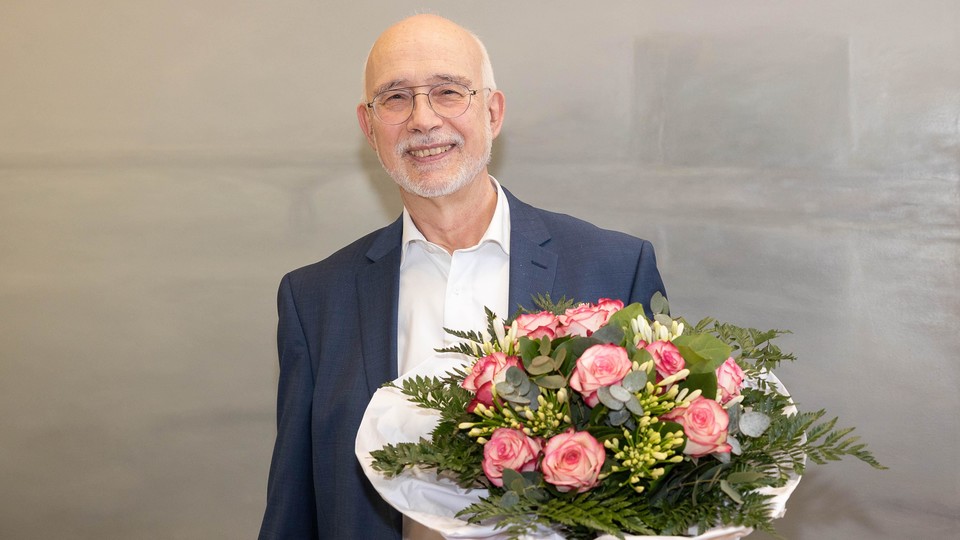President Thomas Puhl Elected Chairman of the State Rectors' Conference Baden-Württemberg

The beginning of the term of office will continue to be dominated by the management of the coronavirus pandemic at the universities. Thomas Puhl, who has been leading the joint task force “Studienbetrieb” (teaching operations) of the state universities as the current deputy chairman of the State Rectors' Conference, hopes for further improvements in the months to come. “If the situation continues to ease, we will start the summer semester under the motto ‘in-person yet wearing a mask’. Thus, we can dispense with the expensive and time-consuming checks of tests and vaccination status and students can return to campus. We have had two years now of first-year students who have not had an opportunity to experience normal university life. For them, it is really time,” he said. According to him, the experiences gained from the pandemic must be used to improve the quality of teaching – both as regards on campus classes and new elements of online teaching. This will also benefit the internationalization of universities.
Even though the impact of the coronavirus pandemic will continue to be noticeable, the new board will also devote more time to other substantive issues, he said. Thomas Puhl agrees with his new deputy, Michael Weber, that universities need to be able to respond faster and more agilely to the challenges ahead. According to him, this applies to issues such as digitalization as well as construction; otherwise, the state's climate protection targets for 2030 would not be achievable. “And the next round of the Excellence Strategy is just around the corner,” Michael Weber points out. In order to ensure that we continue to be at the forefront in this respect, laboratories and research infrastructures must be completed much more quickly than is currently the case; otherwise, top-level research will take place in other German states because researchers will not come to Baden-Württemberg. “Lack of speed in building and restructuring the research infrastructure ultimately also affects our state's economy,” Thomas Puhl emphasizes. “For the upcoming transformation processes, we need young people with a research background who provide companies with innovations and ideally also start up their own businesses.”
He also believes that it is necessary to accelerate the process of recruiting professors. According to him, it must be possible to appoint top researchers at short notice, as is the case in other German states. Michael Weber will also devote more attention to issues relating to university medicine in the coming term of office.
Overall, the two board members believe that Baden-Württemberg's university landscape is well positioned and hope to achieve further success in the upcoming excellence competition, which they will work on together with the state.
